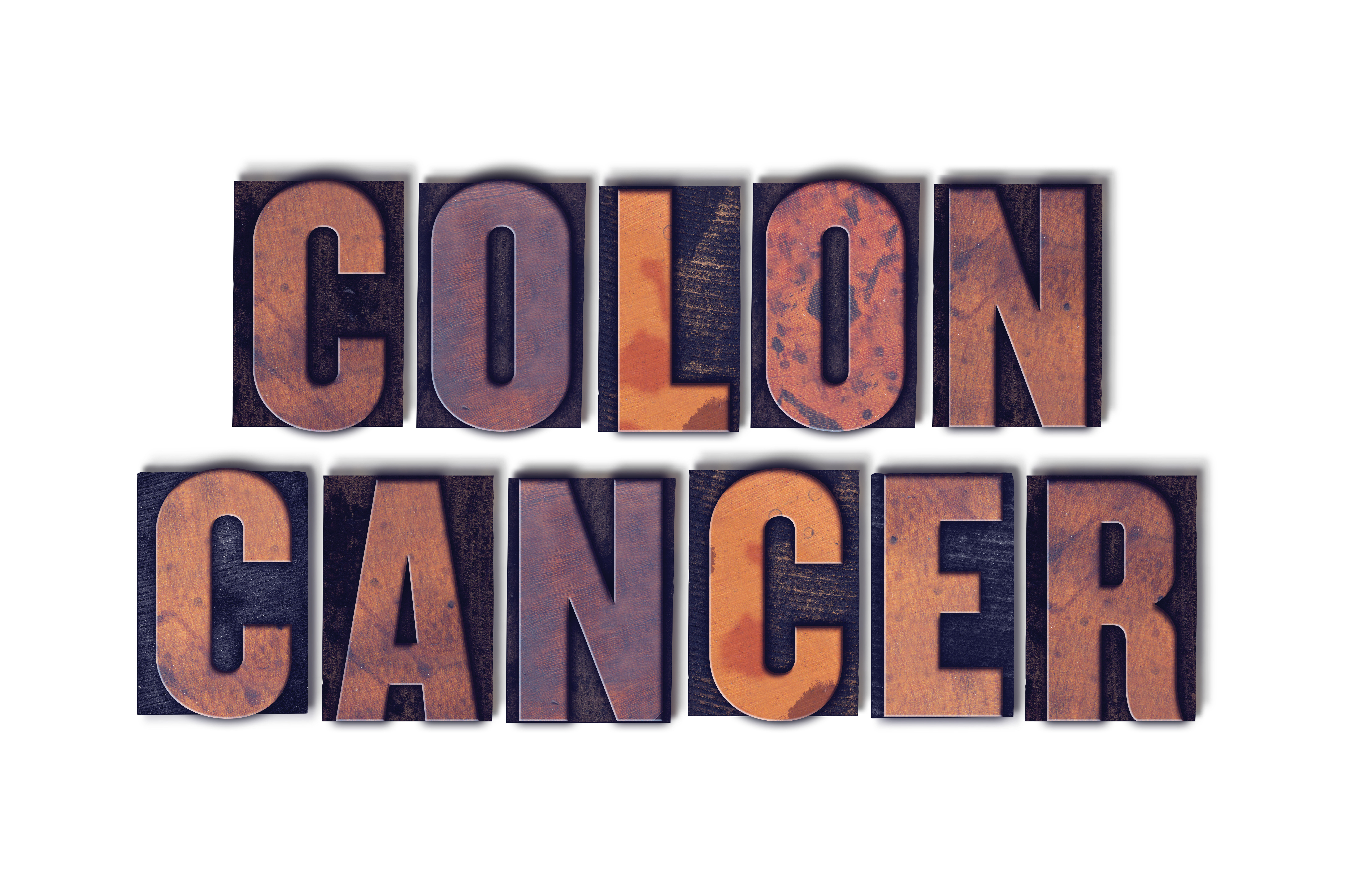Regular exercise can help improve treatment outcomes for people who just finished having surgery for Stage III colon cancer, a new study reports. Before this research, it was less clear how the specific type and intensity of physical activity affected disease recurrence and death in people who survive colon cancer.
Current clinical guidelines simply encouraged people to avoid slothfulness.
“Colon cancer survivors are generally told it is best to avoid inactivity. However, many patients want specific guidance on the types of activity that can maximize their probability for cure,” explains Justin Brown, PhD, the director of the Pennington Biomedical Cancer Metabolism Program and lead author of the study, in a statement. “This study provides oncologists and their patients with specific information on exactly what type of activity will be most helpful in their goal of remaining alive and cancer free.”
Many people with colon cancer typically beat the disease the first time around. But for one-third of survivors, cancer comes back and is usually in an incurable state. The study authors recommend doing a type of exercise that you can see yourself doing consistently. The more you enjoy the activity, the more likely you’ll stick with it over time.
The research team evaluated the health outcomes of 1,696 people who had completed surgery and chemotherapy for Stage III colon cancer for six years. They compared the amount of time people engaged in exercise and the type of activity. The participants were easily trackable because they were already taking part in a separate but ongoing National Cancer Institute (NCI) trial.
“We were fortunate to be able to conduct this study as an offshoot of the NCI study. By conducting this study within the NCI trial, we eliminated many of the common limitations of prior studies to allow us to zero in on what will benefit the patient and what might not,” says Brown.
The results showed the best chance for avoiding cancer from coming back is by making large amounts of time for recreational physical activities. The most favorable outcomes came from people who engaged in light- to moderate-intensity aerobic exercise. Vigorous-intensity aerobic physical activities were also linked to the highest chances of staying alive and cancer free.
“We know that healthy lifelong habits can make a difference in cancer survivors’ overall wellness. This cutting-edge research project provides patients with very specific recommendations on how they can take back some level of control against a disease that often feels overwhelming,” adds John Kirwan, PhD, the executive director of the Pennington Biomedical Cancer Metabolism Program and study coauthor.
The study is published in the Journal of Clinical Oncology.
